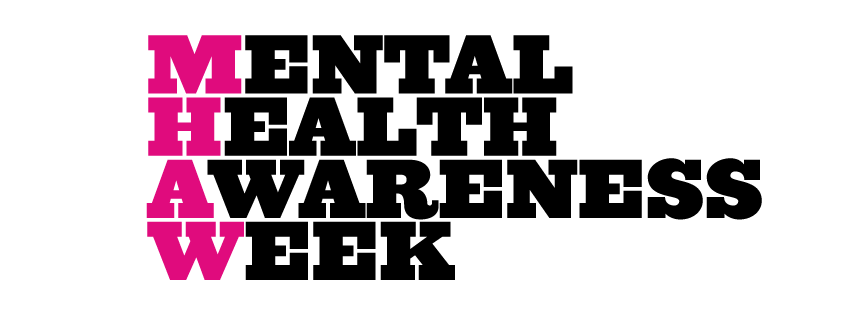This week is Mental Health Awareness Week. The Mental Health Foundation has marked May 15-21 as an important point on the calendar to pause and take inventory on our relationships and the relationships of those close to us.
Although survey data shows that many of us value relationships above all other priorities, often times our relational health gets put on the back burner because of the demands of daily life.
While extreme cases of relationship breakdown need careful professional intervention, sometimes relationships that have eroded with time or neglect can be revived relatively simply. We don’t necessarily learn how to relate to others in a healthy way either at growing up or in school but being mindful of others around us can provide obvious opportunities to connect.
Reaching out to a new coworker for a quick chat, or calling your parents each week can create a heightened sense of belonging and bring families together. Shutting down devices for the evening can provide an environment for quality time with our kids.
According to the Campaign to End Loneliness, social interaction can cut the risk of mortality and developing certain diseases, and help individuals to recover more quickly from illness.
Clive Lawrence-Forbes, Head of Management Development for Development Training Limited, says mindfulness can have a huge impact on the workplace as well. “The constant stream of information, when your mind is already full, can mean there is little space for being present. This can lead to an increased likelihood of illness, health and safety incidents, communication failures, a drop in productivity and relationship breakdowns resulting in conflicts.”
Healthy relationships are of particular importance for parents, because according to the Mental Health Foundation:
“The attachment that a child has with its parent or guardian is a central predictor for mental health and wellbeing, as well as relationship satisfaction, during adulthood.
“During childhood and adolescence, we learn how to engage with others from our parents, families and guardians and this early socialization shapes how we understand and model relationship-forming behavior throughout life.”
If you’d like to find a safe space for improving mental health & whole living, or to nurture, connect & foster healthy relationships with yourself and others, please call me @ (615)-308-8680 or email ellen@ellenwilkins.com.

